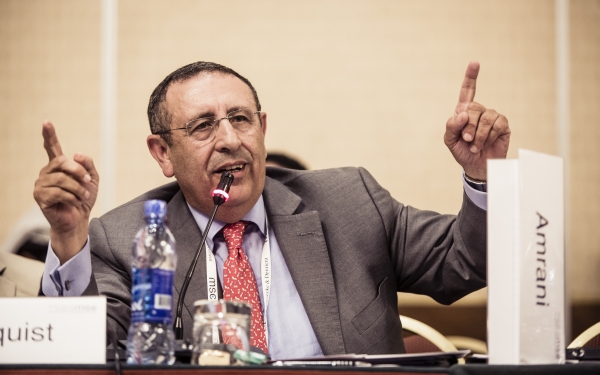
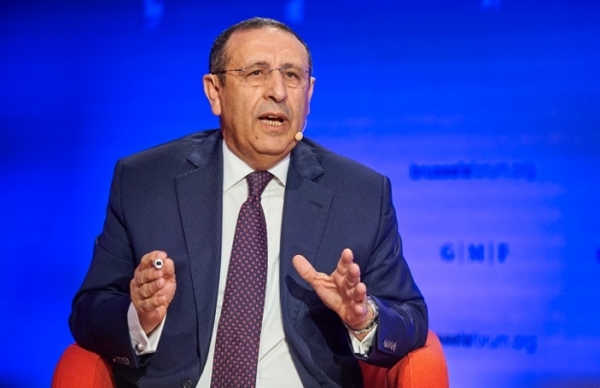
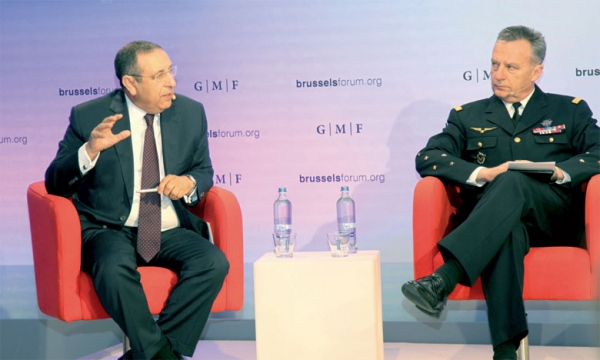
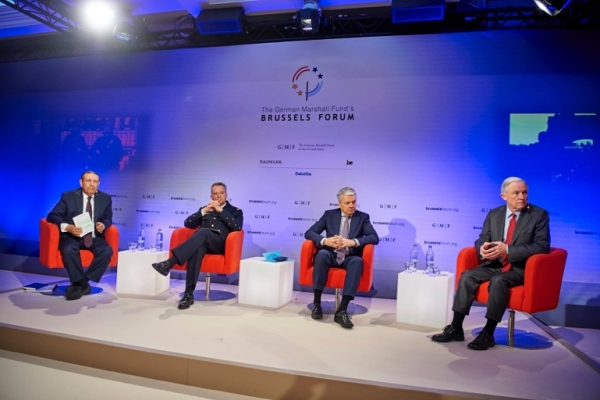
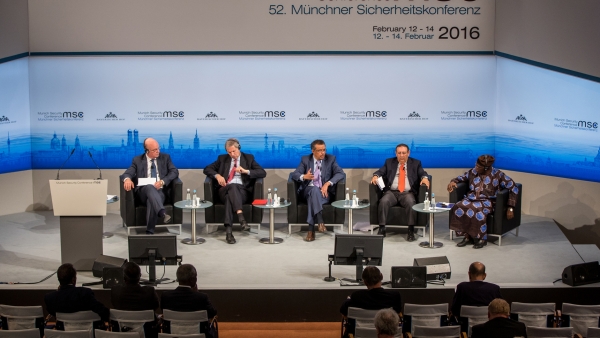
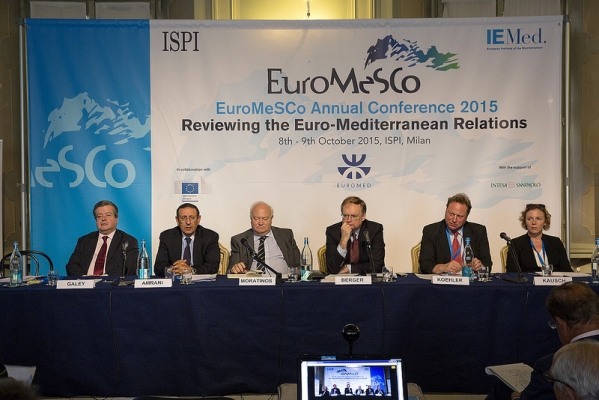
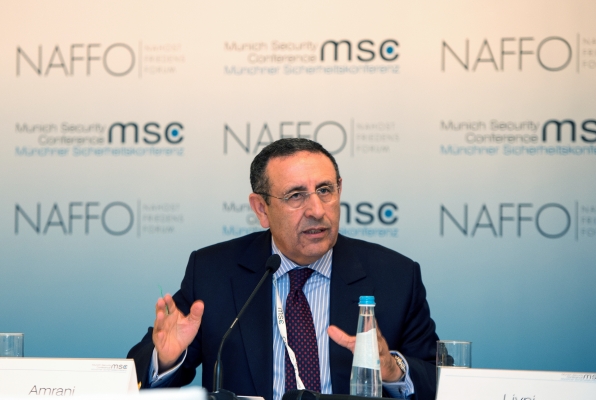
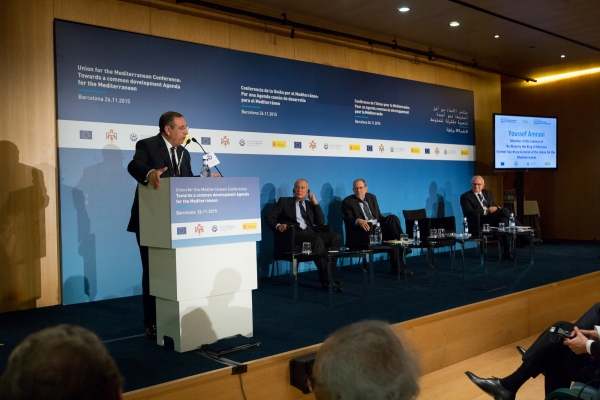
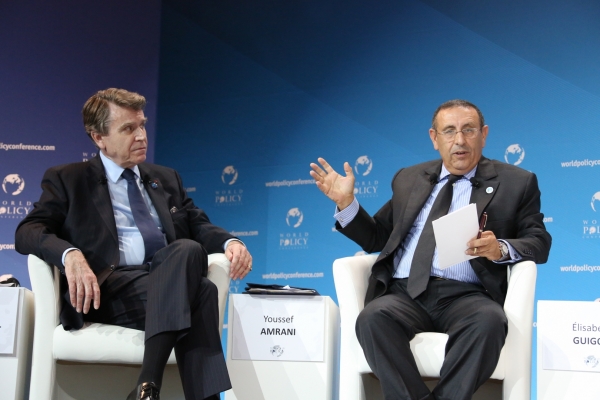

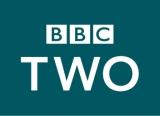
Morocco, victim of an increased pressure of irregular migration from Sub-Saharan Africa, continues to uphold its border management in accordance with the law in a fully transparent manner, Minister Delegate for Foreign Affairs Youssef Amrani told BBC.
Following a coverage on the BBC by Paul Mason, Economics editor at the Newsnight, on the migration issue in Morocco, Amrani provided clarifications on baseless allegations included in the said coverage.
M. Amrani underlined that Morocco is victim of an increased pressure of irregular migration from Sub-Saharan Africa and has become a country of destination, by default, due to the stricter European border control measures.
He added that Morocco continues to uphold its border management and its readmissions procedures in light of the struggle against irregular migration, all the while respecting the development and human rights aspects of migration.
The Minister Delegate noted that Morocco has developed a strategy to deal with all elements of this migration and that it was managing the issue in accordance with the law in a fully transparent manner.
Morocco is a democratic country that has no taboo on the issue of Human rights, and has met all international requirements on the matter, specifically with the voluntary visits of the UN Special Procedures to Morocco, as well as the European Union’s recognition that Morocco is delivering on its end, M. Amrani said.
He added that Morocco has ratified all International Human Rights Instruments, including conventions on Minors and Migrants, and continues to uphold their implementation on a national level through our legislation.
Underlining the various efforts deployed by Moroccan authorities in order to secure the protection of victims and the constant commitment of the authorities for the non expulsion of the vulnerable migrants, M. Amrani recalled that the actions of Moroccan security forces are strictly supervised by law and regulations.
He noted that the Kingdom has endowed itself with a road map that includes and treats all aspects of migration issues including legal migration, fight against illegal immigration, as well as the political, diplomatic, judicial, and institutional facets of migration flow.
The miniter also noted that Morocco’s efforts to uphold migrant rights and promote their integration have already resulted in positive advances. This is partly reflected by the number of Sub Saharan African students in Morocco, totalling more than 8,000 and amongst whom the majority are endowed with scholarships granted by Morocco. Several migrants in Morocco are legal workers, who have been given the opportunity to work and live in Morocco. Many of these legal migrants are former students of Moroccan Universities, who have free access to the Moroccan labour market.
As of April 2013, UNHCR Morocco has granted a total of 891 refugee statuses, and whose holders are protected under Moroccan law. In light of such statistics, it is important to ask the question of why is it that these refugee demands are being requested in Morocco, a country who does not border any country in conflict? M. Amrani inquired.
The Minister Delegate emphasized that as part of voluntary repatriation program, Morocco has funded the voluntary return of approximately 14,000 irregular migrants back to their home countries, with the assistance of the International Organization for Migration (IOM).
M. Amrani further stated that the migration issue is one of Shared Responsibility. All the whilst recognizing the sole financial support provided by the European Union in the year 2006, for which the impact still remains to be assessed, Morocco carries the heavy burden of migration management alone, and is doing so on its own budget. A comprehensive border control strategy cannot function if all parties do not commit to their actions.
Morocco considers that a global approach, regrouping three essential pillars of organizing legal migration, fight against irregular migration, and strengthening synergies between migration and development, is the only way forward to combat the root causes of migration flow.